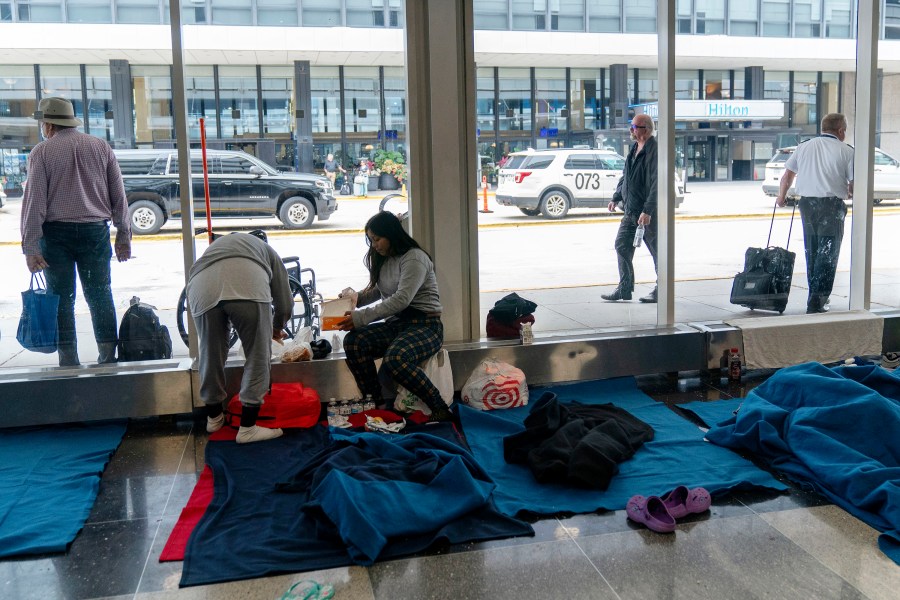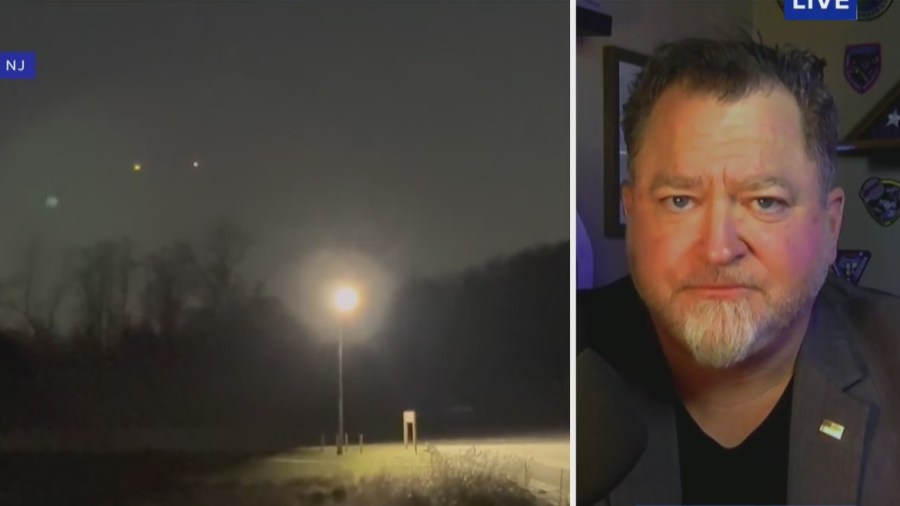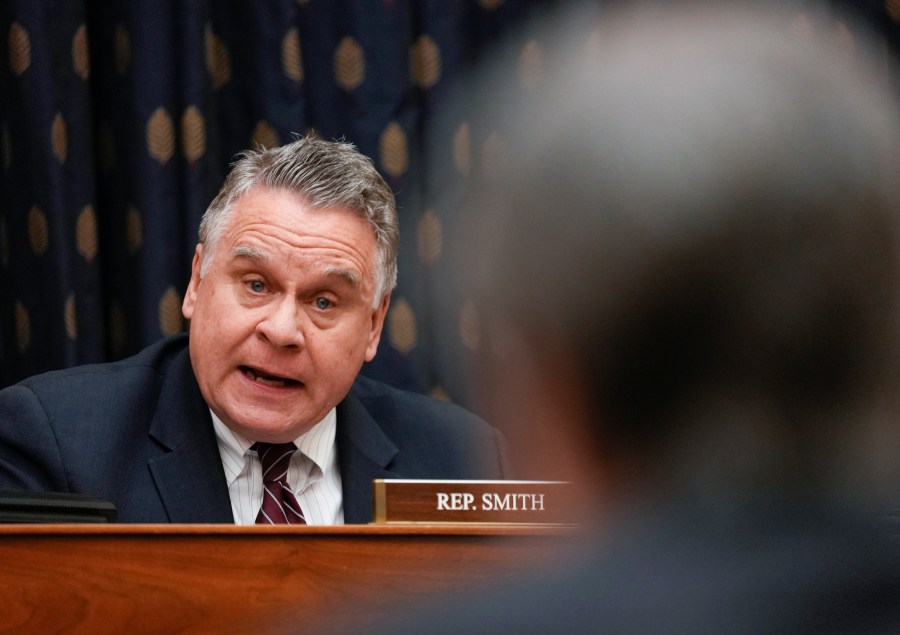
Chicago closing last migrant shelter as it moves to ‘unified sytem’
(NewsNation) — Chicago, Illinois will close its last shelter specifically for migrants later this month as it merges these services with others the city currently offers to homeless people.
A migrant shelter at 1310 N. Elston Avenue is set to shut down by Dec. 31, city officials said at a news conference Friday.
Besides that shelter, Fox 32 Chicago writes, there are five other shelters in Chicago, two of which are run by the state of Illinois and three that are operated by the city. These will be integrated into Chicago’s One System Initiative, meaning these shelters won’t only be for migrants, but any homeless individuals in need of housing.
Under the new unified shelter system, which will launch in January 2025, will be 3,800 beds added to the 3,000 already existing in the system.
On Dec. 20, SPARC, or Shelter Placement and Resource Center, opened. SPARC is a new, 24/7 access point for single adults with 200 temporary beds.
About a year ago, there were around 15,000 migrants, some of whom were sent from Texas under a program by Gov. Greg Abbott, who lived in 28 shelters, according to city data compiled by The Chicago Tribune.
During this time, over 30,000 measles vaccines and tens of thousands of other vaccines were administered to migrants and 17,000 people were resettled in apartments.
At Friday’s press briefing, officials said there are currently 2,476 migrants in city shelters, but these numbers will no longer be tracked under the new system.
Deputy Mayor for Immigration Beatriz Ponce de León said this information is no longer needed because Chicago is no longer in “that crisis state.”
“Everyone in the new system will be under will be under the same policy,” she said. “There’s no need to collect that data.”



